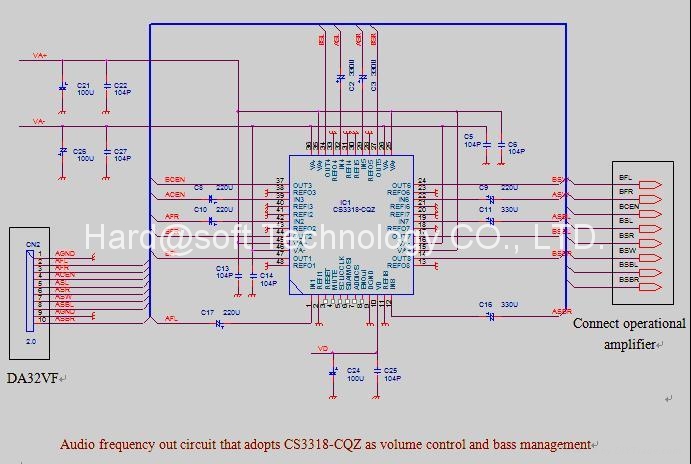

- DTS DECODER PATENT EXPIRATION MP4
- DTS DECODER PATENT EXPIRATION SOFTWARE
- DTS DECODER PATENT EXPIRATION CODE
- DTS DECODER PATENT EXPIRATION LICENSE
I don't expect you'd have a problem selling access to h.264 video as long as you paid the content royalties stib described, even if you created those streams with x264.
DTS DECODER PATENT EXPIRATION LICENSE
I linked it because their FAQ clarifies that they can't sell you a license to use the h.264 patents, you still need that separately.) I have no idea how many small-budget users just fly under the radar and don't do anything about patents. Using it unmodified through ffmpeg, the x264 CLI, or anything else the GPL allows, doesn't require you to pay the x264 copyright holders. ( is for people that want to buy a non-GPL license for x264. x264 users are recommended to obtain a license for its use directly from the MPEG LA. I haven't looked, but I haven't heard about anyone ever getting sued for using ffmpeg's h.264 decoder or x264's h.264 encoder. For personal use, I don't think there's any reason to worry. People use it anyway without actually getting sued, as long as they're not a big target. Most distributors of Free software, like x264 and ffmpeg, don't pay, so people that download x264 aren't legally allowed to use it without paying a patent royalty.
DTS DECODER PATENT EXPIRATION SOFTWARE
For commercial software, this is paid by the software authors / distributors to the MPEG LA, so it's legal for people to use the software they buy. To answer the question raised by epiclapser's comment about royalties for software / hardware that can create h.264 video, software that can create or decode h.264 needs a license for implementing the patented algorithms that are part of the codec.

Wikipedia says the MPEG LA also licenses MPEG2, VC-1, and for some reason IEEE-1394 (firewire).ĪAC audio, aka MPEG-4 something something, also needs a license (from via licensing, not the MPEG LA) for implementations in software or hardware. H.265, aka HEVC (next gen video codec successor to h.264) has about the same patent licensing as h.264, also through the MPEG LA. (free and automatic for content that's given away for free.) H.264, aka AVC aka MPEG-4 part10 is heavily patented, and software or hardware for encoding/decoding h.264 video streams needs a license from the MPEG Licensing Authority (MPEG LA).
DTS DECODER PATENT EXPIRATION MP4
Just to clear up some terminology: mp4 (the container format) may be covered by some patents, but nobody charges license fees for software or content. Don't panic, x264 and ffh264 appear to be fine, legally, even for producing commercial videos at the standard royalty rates. For now I'm going to leave the whole mess here. I put a section at the end to clear it up.
DTS DECODER PATENT EXPIRATION CODE
There's other fee schedules for software developers (though Cisco have released free source code and binary implementations of h.264 encoding software and have said they will not pass on any licensing charges for it).Įdit: I should probably remove some of the worrying conclusions about using x264 / ffmpeg that I now believe are unfounded. So if you're putting it on the internet free you don't need to pay them license fees, ever. …will continue not to charge royalties for Internet Video that is free to end users (known as “Internet Broadcast AVC Video”) during the entire life of this License. But the threshold for when fees are applicable is fairly high.Īccording to MPEG-LA, the license holders for H.264 / MPEG-4 AVC, the license fees applicable are: Even though x264 / ffmpeg are Free with a big F, they are just software libraries for encoding video streams into the H.264/MPEG-4 AVC format, which is covered by the MPEG patent. IANAL, but as far as I understand it, if you're charging viewers for h.264 / MPEG-4 AVC content you may need to pay license fees.


 0 kommentar(er)
0 kommentar(er)
